Here is a working function, making use of a GetPermutations() extension found elsewhere on stack overflow
public static List<string> GetAnagrams(string word)
{
HashSet<string> anagrams = new HashSet<string>();
char[] characters = word.ToCharArray();
foreach (IEnumerable<char> permutation in characters.GetPermutations())
{
anagrams.Add(new String(permutation.ToArray()));
}
return anagrams.OrderBy(x => x).ToList();
}
Here is the GetPermutations() extension and it's other necessary extensions:
public static IEnumerable<IEnumerable<T>> GetPermutations<T>(this IEnumerable<T> enumerable)
{
var array = enumerable as T[] ?? enumerable.ToArray();
var factorials = Enumerable.Range(0, array.Length + 1)
.Select(Factorial)
.ToArray();
for (var i = 0L; i < factorials[array.Length]; i++)
{
var sequence = GenerateSequence(i, array.Length - 1, factorials);
yield return GeneratePermutation(array, sequence);
}
}
private static IEnumerable<T> GeneratePermutation<T>(T[] array, IReadOnlyList<int> sequence)
{
var clone = (T[])array.Clone();
for (int i = 0; i < clone.Length - 1; i++)
{
Swap(ref clone[i], ref clone[i + sequence[i]]);
}
return clone;
}
private static int[] GenerateSequence(long number, int size, IReadOnlyList<long> factorials)
{
var sequence = new int[size];
for (var j = 0; j < sequence.Length; j++)
{
var facto = factorials[sequence.Length - j];
sequence[j] = (int)(number / facto);
number = (int)(number % facto);
}
return sequence;
}
static void Swap<T>(ref T a, ref T b)
{
T temp = a;
a = b;
b = temp;
}
private static long Factorial(int n)
{
long result = n;
for (int i = 1; i < n; i++)
{
result = result * i;
}
return result;
}
}
Here is a screenshot of the result:

And, finally, a github repository of the complete Visual Studio solution: Github
